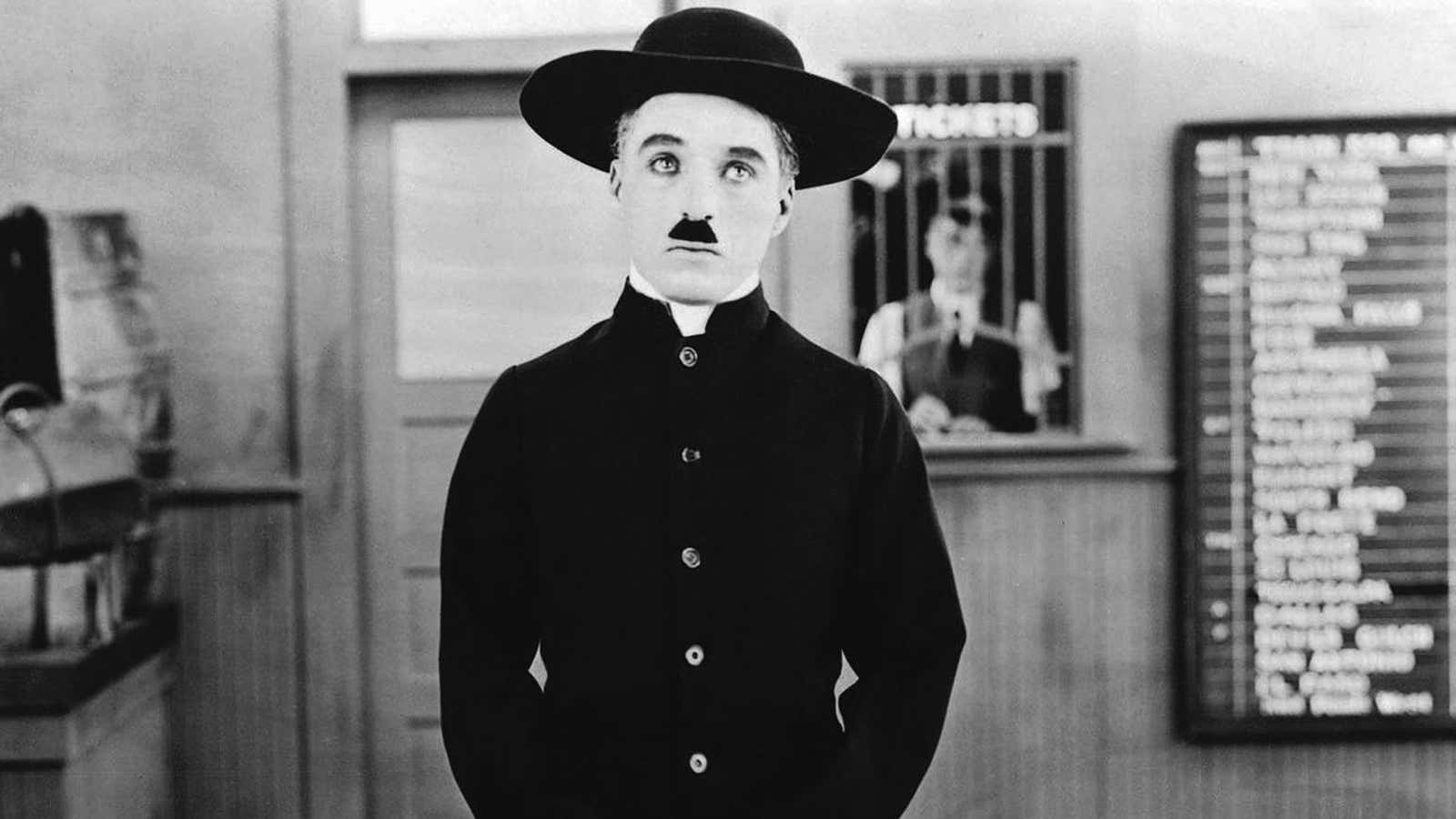Get ready for a bountiful “public domain day.” On Jan. 1, an unprecedented number of films, books, songs, and artistic works once protected by US copyright, and all from the year 1923, will suddenly be in the public domain.
Public domain day, originated in 2004 by Canadian activist Wallace J. McLean and backed by Harvard Law professor Lawrence Lessig, is the observance of the moment when authors’ exclusive rights expire.
We haven’t had a day quite like this in decades. “The public domain has been frozen in time for 20 years, and we’re reaching the 20-year thaw,” explained Jennifer Jenkins, director of Duke University School of Law’s Center for the Study of the Public Domain, to Smithsonian Magazine.
In 1998, Disney and other corporations successfully lobbied the US Congress to add 20 years to usual copyright term. Before the so-called “Sonny Bono Copyright Term Extension Act,” creative works published before Jan. 1, 1978 were entitled to copyright protection for 75 years in the US. Those created after 1978 were released in the public domain 50 years after the author passes away.
Now, come Jan. 1, anyone can freely read, cite, or republish Kahil Gibran’s The Prophet, Virginia Woolf’s Jacob’s Room, Agatha Christie’s The Murder on the Links, or any poem from Robert Frost’s Pulitzer Prize-winning compendium New Hampshire. Movie theaters can screen Cecil B. DeMille’s The Ten Commandments, Charlie Chaplin’s The Pilgrim or Rin Tin Tin’s third film, Where the North Begins. Theater companies can perform songs from Noël Coward’s London Calling! or George Gershwin’s Stop Flirting without cost.
Allowing free access to works draws new audiences to overlooked gems. For instance, included in this year’s list is The Chip Woman’s Fortune, the first drama by an African-American author produced on Broadway. There’s also A Handbook of Cookery for a Small House, a recipe collection written by the wife of novelist Joseph Conrad, for which he penned the preface. “Good cooking is a moral agent. By good cooking I mean the conscientious preparation of the simple food of everyday life, not the more or less skillful concoction of idle feasts and rare dishes,” wrote Conrad.
Duke Law has a full list of works released in the public domain this year.
